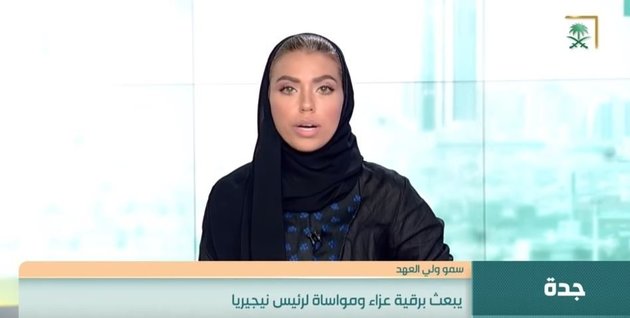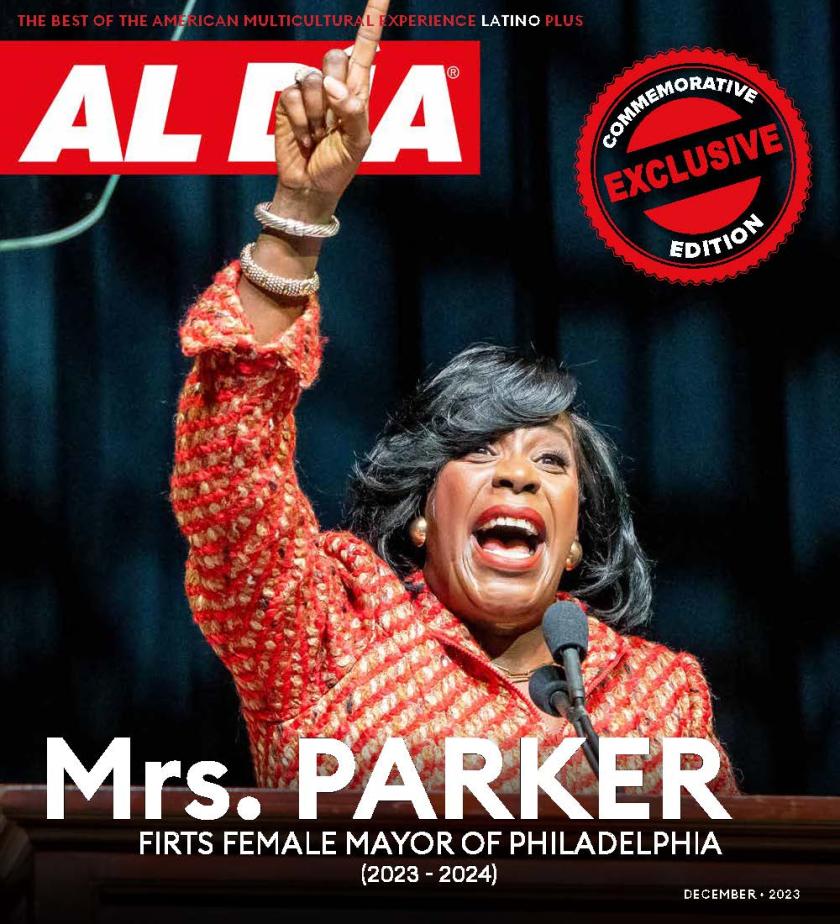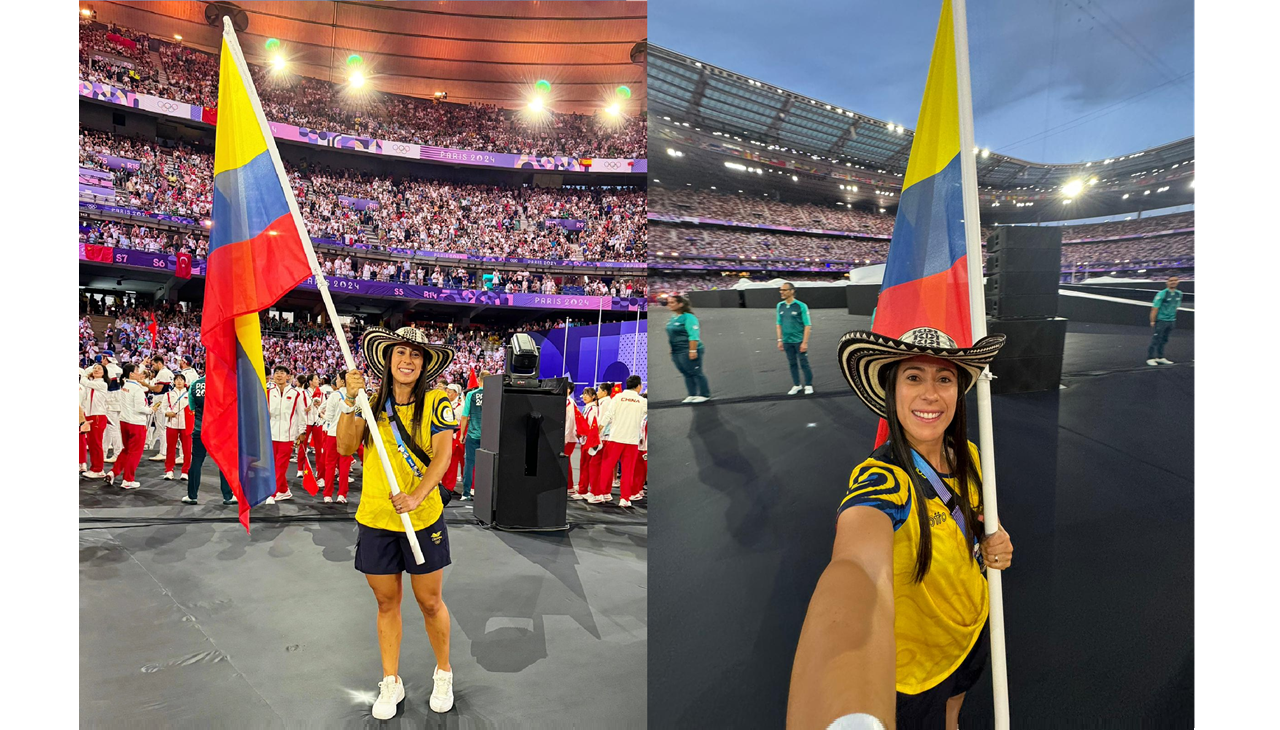
U.S. media needs more gender and racial diversity
The first woman news anchor in Saudi Arabia marks a groundbreaking precedent for the country.
The history-making debut of anchor Weam Al Dakheel comes just months after Saudi Arabia allowed women to drive for the first time in the nation. Recently, Saudi women have gained access to more basic rights, such as pursuing education and healthcare without requiring the consent of men. They can also now open their own businesses without the permission of a man.
These are all steps taken under the nation’s new royal government led by Crown Prince Mohammad bin Salman. Since taking over in June 2017, the Crown Prince Mohammad has worked under the Saudi Vision 2030 plan, which is designed to reform and modernize Saudi Arabia by reducing the country’s dependence on oil, diversifying its economy, and developing public service sectors such as health, education, infrastructure, recreation and tourism.
Women’s rights is one of the many projects that the plan seeks to improve in the coming decades as the nation looks towards a better future.
However, Saudi Arabia’s first woman anchor brings to light the reality of American media and, in particular, journalism. There continues to be a lack of representation within newsrooms, a gap that exists in terms of both gender and race.
CONTENIDO RELACIONADO
According to data from the American Society of News Editors, Hispanic, African American and Asian women make up less than 5 percent of newsroom personnel at traditional print and online news publications. Despite there being an increasing number of media platforms, organizations and people of color entering the industry, American media continues to be dominated by white males.
As the U.S. continues to grow in diversity, that diversity should be transferred to the newsrooms. When reading or hearing the news, it’s important for those of all races, ethnicities, genders, etc. to see people of diverse backgrounds telling these stories. If employed, this concept can create a spectrum where there is less bias and subjectivity.
However, change starts at the top. If more women and people of color can take on more meaningful corporate roles in the media, that may in turn create more diverse newsrooms. The U.S. should be moving in that direction.
It should be celebrated that Saudi Arabia now has its first woman news anchor. Hopefully that opens the door for Saudi women to take on more prominent roles in the newsroom and beyond.
But as we see this nation on the Arabian Peninsula — one Americans have historically pointed to as an example of a country enforcing regressive social policies — begin to make progress, we must not forget the progress we still need to make here in the U.S.
Our nation is only getting more diverse, and it’s only right for that diversity to transfer more into the world of news media and journalism.










DEJE UN COMENTARIO:
¡Únete a la discusión! Deja un comentario.